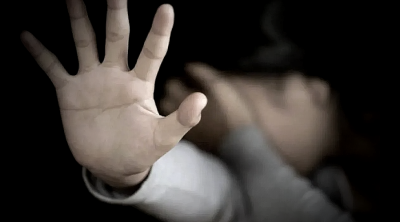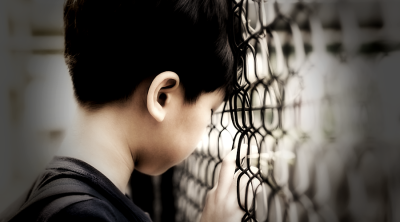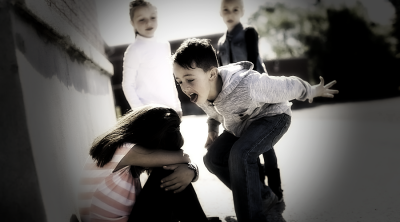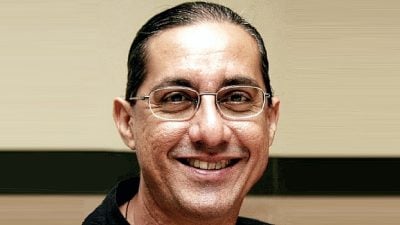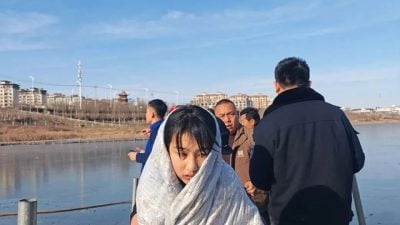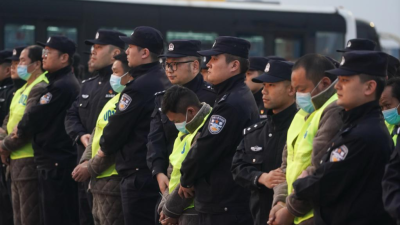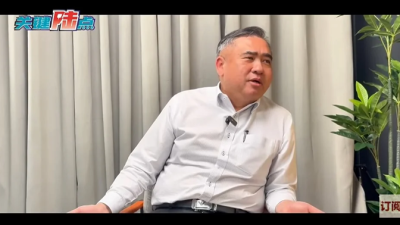
The theme for this year’s World Children’s Day, 20 November 2025, is “My Day, My Rights.”
World Children’s Day 2025 focuses on the right of children to be heard, protected, and empowered.
The theme encourages listening to children about their daily lives and experiences, and supporting their right to participate in decisions that affect them.
As I reflect on this theme, I look to our National Children’s Policy and Action Plan, recently released in full by the Ministry of Women, Family and Community Development (KPWKM). Our National Children’s Policy and Action Plan explicitly states that it is “a comprehensive policy that covers All children in Malaysia.”
It aims to chart the work/services to improve the situation for children from 2026 to 2030. It has, as one of the four key objectives, to “Increase children’s opportunities according to their level of ability for meaningful participation in matters relating to their best interests and well-being.”
This objective is in line with the theme for this year’s World Children’s Day. The objective has three strategic priorities for implementation.
I ask how far have we come as a society to listening to children’s views and enabling their rights?
Although Malaysia has long been a signatory and ratified the United Nations Convention on the Rights of the Child (UNCRC), we have maintained five key reservations on UNCRC Articles—Article 2 (non-discrimination), Article 7 (birth registration, name, nationality), Article 14 (freedom of thought, conscience, and religion), Article 28(1)(a) (compulsory and free primary education), and Article 37 (torture and cruel, inhuman, or degrading treatment or punishment).
These reservations hinder the fulfillment of our National Children’s Policy and Action Plan for all children in Malaysia.
Part of the theme of World Children’s Day 2025 is about Article 14.
UNCRC Article 14 speaks of the fundamental freedom that all of us desire for ourselves. One that the UNCRC holds as a basic right for all children—the right for children to hold their own ideas and opinions without being stopped by others.
Parents (and society) have the responsibility to guide their children in the exercise of this right, in a manner consistent with the child’s developing abilities.
The fact that our government has placed reservations on this right means that objective four of the National Children’s Policy and Action Plan cannot be fulfilled.
But it is not just the government that denies the rights of our children, most parents are also sadly unaware of or deny children their basic rights.
As a consequence, children are also not made aware of their rights.
We undertook a recent study to evaluate the awareness of urban parents and children about basic child rights (in press). In evaluating six different rights, including respect for the child’s view, less than 50 percent of parents and children were of these rights.
The awareness did not change with education or sociodemographic status of the family.
Currently we have a few mechanisms to listen to children and involve them.
Children’s opinions are not taken seriously. Is critical to implement, in a meaningful and sustainable way, mechanisms to listen to children, and not just token mechanisms.
If we do not include children in our national and regional decision-making and policy processes, plans for their lives, we fail their future.
We need to walk the talk. Remember that the words we write on paper, our policy documents, like the National Children’s Policy and Action Plan, are our promises to children. Let us make sure they are not false or empty promises.
As we celebrate this year’s World Children’s Day, let it be with a commitment to make real child rights in our country—starting with our own children but extending to all children.
Let us give them a voice, let us listen and hear them, let us learn from them.
It will enrich our lives as adults and the life of the nation.
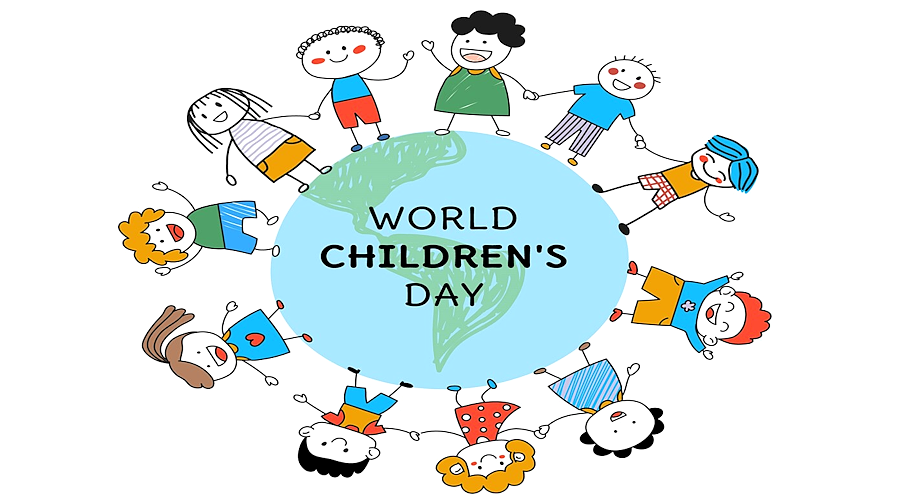
(Dato’ Dr Amar-Singh HSS is Consultant Pediatrician and Child-Disability Activist.)
ADVERTISEMENT
ADVERTISEMENT







